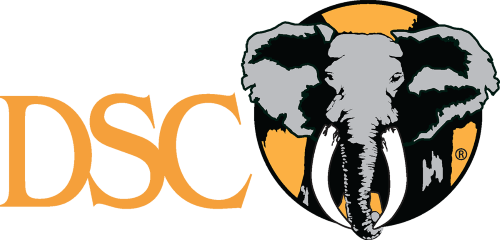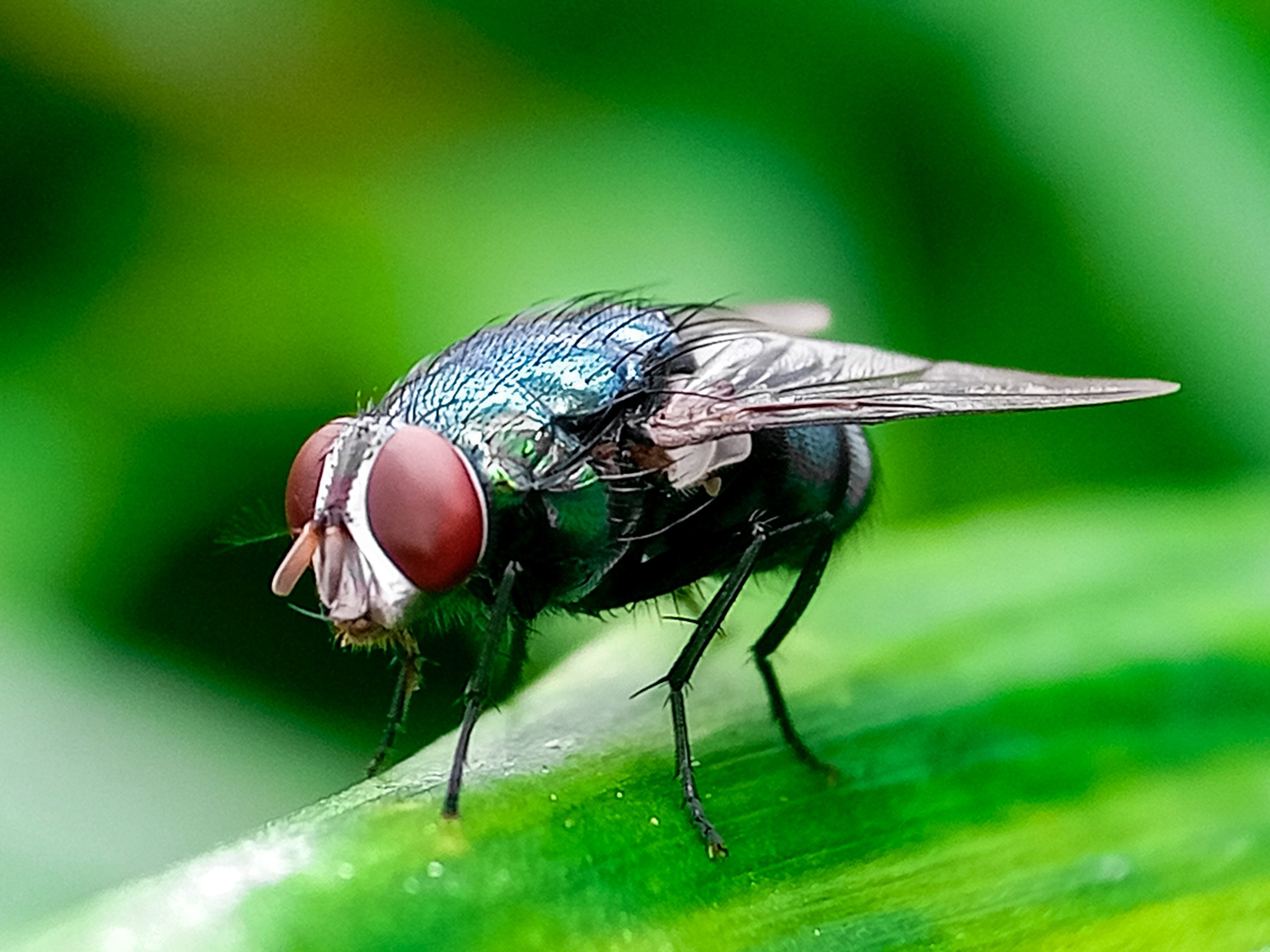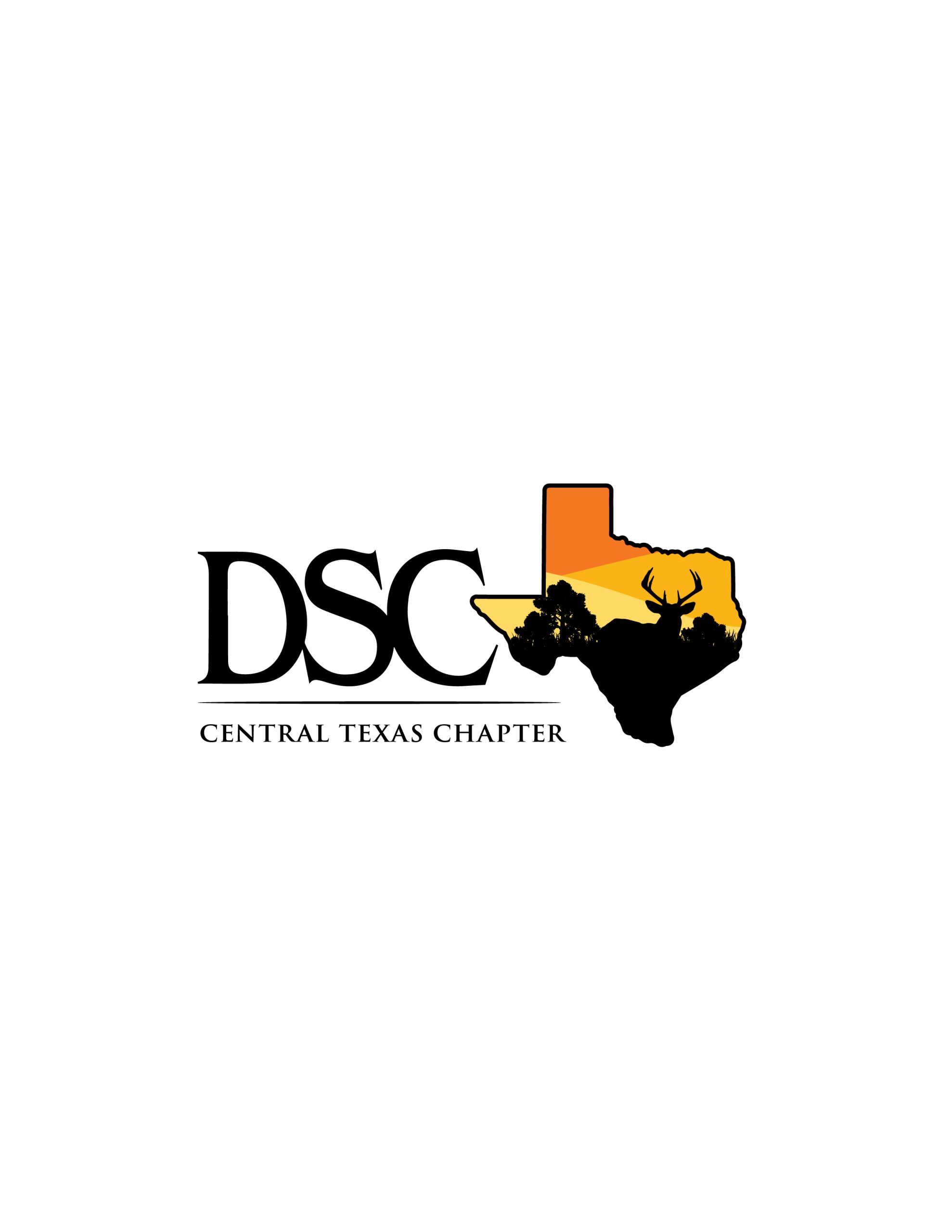North-West University and PHASA conducted surveys to put an end to information gaps in the trophy hunting industry in South Africa.
By breaking down survey responses and known costs, the research project determined the approximate contribution of trophy hunting to the South African Economy is $130 Million annually.
The researchers sought to determine the profile and spending patterns of trophy hunters, economic impact of trophy hunting, hunting patterns, and species broken down by most popular and highest income generators.
Trophy hunters in South Africa tended to be married men over 50 with a degree. Most came from the U.S., with other hunters coming from countries such as Canada, Denmark, Germany and Norway.
Only 5 percent of respondents traveled to South Africa to take the trip alone. On average, respondents came with two other people and stayed 10 to 12 days at the hunting destination in addition to another average three nights travelling around South Africa. The total average spending of a trophy hunter in South Africa is $9,790, not including airfare or game hunted. The average spent on game species was another $10,345.
As for individual game species, the top five hunted in 2015/2016 include impala, warthog, springbok, kudu and blesbok. The five that generated the most income were buffalo, lion, sable, kudu and nyala.
Hunters reported gathering information on their hunting outfitters from three places: trade shows, word of mouth and the internet.
The researchers conducted two surveys: one in 2013 with 147 respondents and one in 2015/2016 with 362 respondents. Because of factors such as safety, beautiful landscapes, abundance of game and good people, 79 percent said they will likely return to hunt in South Africa again.
Source: North-West University, Tourism Research in Economic Environs and Society



